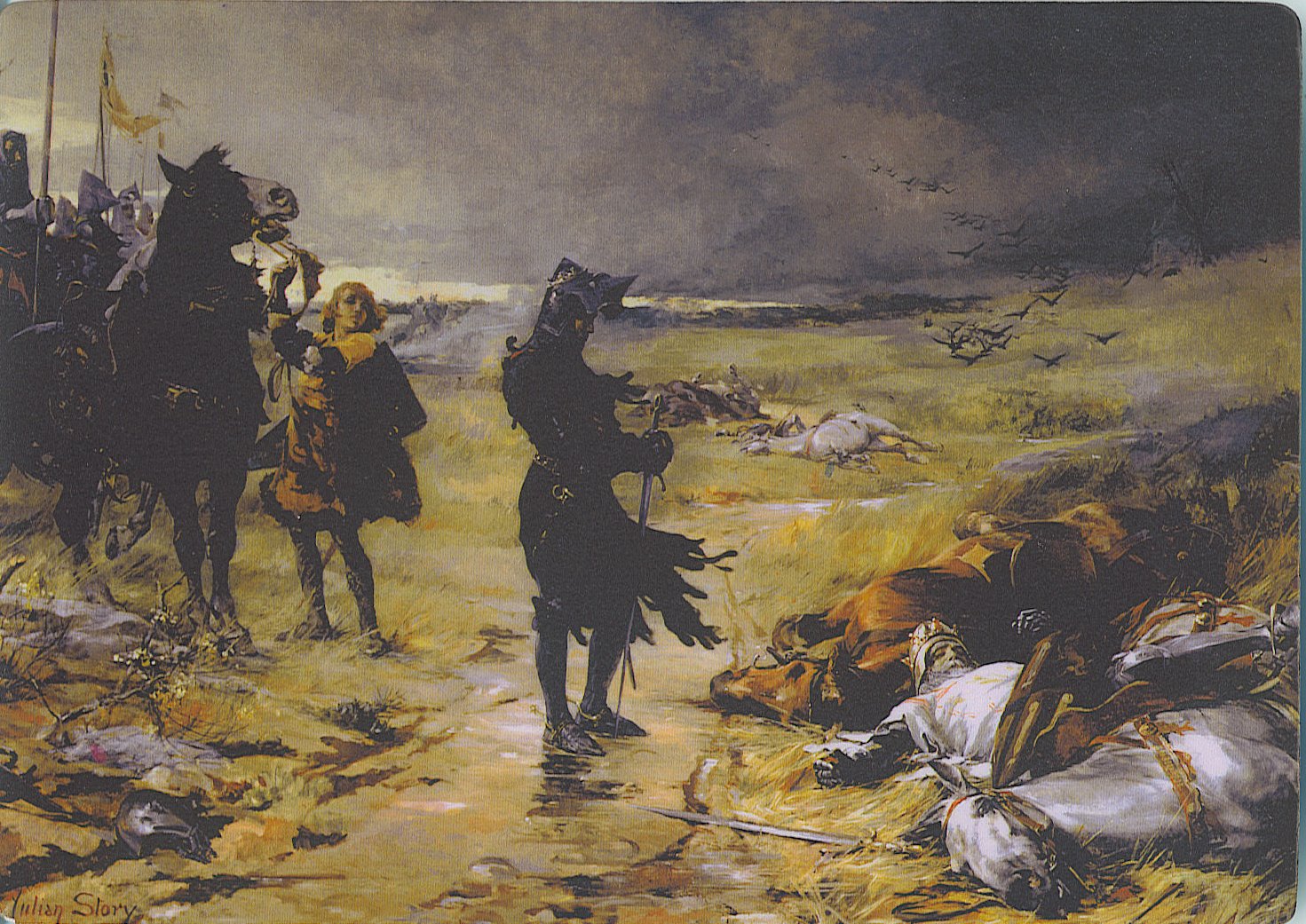|
Peter Courtenay (KG)
Sir Peter Courtenay, KG, (1346–1405) was a soldier, knight of the shire, Chamberlain to King Richard II and a famous jouster. His principal seat was Hardington Mandeville, Somerset. He was the fifth son of Hugh de Courtenay, 2nd Earl of Devon (1303–1377) by his wife Margaret de Bohun (died 1391). He had several highly prominent elder brothers, but was the most flamboyant of them all: *Sir Hugh Courtenay, KG, (1326–1349). *Thomas Courtenay, Prebendary of Cutton, cleric. *Sir Edward Courtenay (1329–1372). Born at Haccombe, Devon. He was an ancestor of Edward Courtenay, 1st Earl of Devon (1485 creation) (died 1509). *Robert Courtenay of Moreton *William Courtenay (1342–1396), Archbishop of Canterbury. *Sir Philip Courtenay (c.1345–1406) of Powderham. Courtenay was knighted by the Black Prince after the Battle of Najera in 1367, at the same time as his brother Sir Philip. In 1378 whilst on a naval expedition with his brother Sir Philip, under the command of Richa ... [...More Info...] [...Related Items...] OR: [Wikipedia] [Google] [Baidu] |
Black Prince
Edward of Woodstock, known to history as the Black Prince (15 June 1330 – 8 June 1376), was the eldest son of King Edward III of England, and the heir apparent to the English throne. He died before his father and so his son, Richard II, succeeded to the throne instead. Edward nevertheless earned distinction as one of the most successful English commanders during the Hundred Years' War, being regarded by his English contemporaries as a model of chivalry and one of the greatest knights of his age. Edward was made Duke of Cornwall, the first English dukedom, in 1337. He was guardian of the kingdom in his father's absence in 1338, 1340, and 1342. He was created Prince of Wales in 1343 and knighted by his father at La Hougue in 1346. In 1346, Prince Edward commanded the vanguard at the Battle of Crécy, his father intentionally leaving him to win the battle. He took part in Edward III's 1349 Calais expedition. In 1355, he was appointed the king's lieutenant in Gascony, and or ... [...More Info...] [...Related Items...] OR: [Wikipedia] [Google] [Baidu] |
Medieval English Knights
In the history of Europe, the Middle Ages or medieval period lasted approximately from the late 5th to the late 15th centuries, similar to the post-classical period of global history. It began with the fall of the Western Roman Empire and transitioned into the Renaissance and the Age of Discovery. The Middle Ages is the middle period of the three traditional divisions of Western history: classical antiquity, the medieval period, and the modern period. The medieval period is itself subdivided into the Early, High, and Late Middle Ages. Population decline, counterurbanisation, the collapse of centralized authority, invasions, and mass migrations of tribes, which had begun in late antiquity, continued into the Early Middle Ages. The large-scale movements of the Migration Period, including various Germanic peoples, formed new kingdoms in what remained of the Western Roman Empire. In the 7th century, North Africa and the Middle East—most recently part of the Eastern Roman ... [...More Info...] [...Related Items...] OR: [Wikipedia] [Google] [Baidu] |

